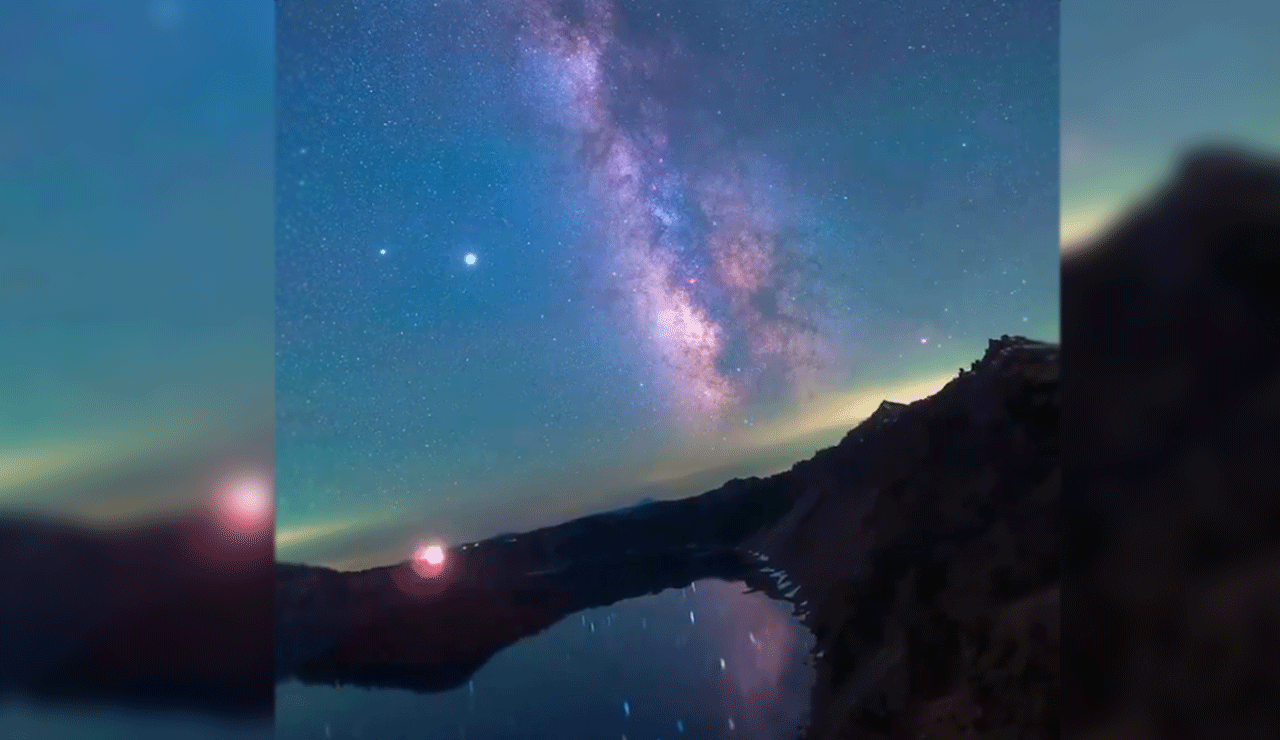Is the Universe Rotating? New Study Might Solve the Hubble Tension
A groundbreaking study published in the Monthly Notices of the Royal Astronomical Society has introduced the intriguing possibility that the universe could be rotating — albeit at an incredibly slow pace.

A groundbreaking study published in the Monthly Notices of the Royal Astronomical Society has introduced the intriguing possibility that the universe could be rotating — albeit at an incredibly slow pace. This discovery could potentially resolve one of the most perplexing challenges in cosmology: the so-called Hubble tension.
Table of Contents
What is the Hubble Tension?
The Hubble tension refers to the ongoing discrepancy between two distinct methods used to measure the expansion rate of the universe. One method relies on measurements from distant supernovae and galaxies, reflecting the more recent universe, while the other uses the cosmic microwave background radiation to estimate the expansion rate from the early universe, around 13 billion years ago. These two techniques have yielded different values for the Hubble constant, creating a tension in the scientific community.
The Groundbreaking Discovery: A Rotating Universe?
In an attempt to address this puzzle, Dr. Szapudi and his team developed a mathematical model that incorporates a subtle amount of rotation into the expansion of the universe. To their surprise, this tiny twist appeared to resolve the discrepancy between the two methods of measuring the universe’s expansion. According to Dr. Szapudi, the model was able to “resolve the paradox” without contradicting existing astronomical data.
The model proposes that the universe could complete one full rotation every 500 billion years, a spin that is too slow to detect directly but potentially influential in the cosmic expansion over time. While this theory may sound speculative, it does not violate any known physical laws, offering a new perspective on the universe’s dynamics.
Also Read: Over 1,000 International Students’ Visas Revoked in US: Legal Battles Erupt
Next Steps for Research
The next phase of this study will involve the development of advanced computer simulations to further test the theory of a rotating universe. Scientists are also looking to identify potential observational signatures that could indicate this slow cosmic rotation.
Implications for Cosmology
If proven true, this concept could lead to a paradigm shift in our understanding of the universe and could finally resolve the long-standing Hubble tension. Such a discovery would deepen our insight into the fundamental workings of the universe, offering a new layer of complexity to our understanding of cosmic expansion.
The idea that the universe might be rotating could revolutionize our understanding of cosmology. While it may take years to confirm this theory with further research and observational data, the possibility that such a small but significant twist in the universe’s expansion could solve one of astronomy’s oldest puzzles is truly exciting. Scientists are hopeful that continued research will unlock new insights into the dynamics of our vast universe.
